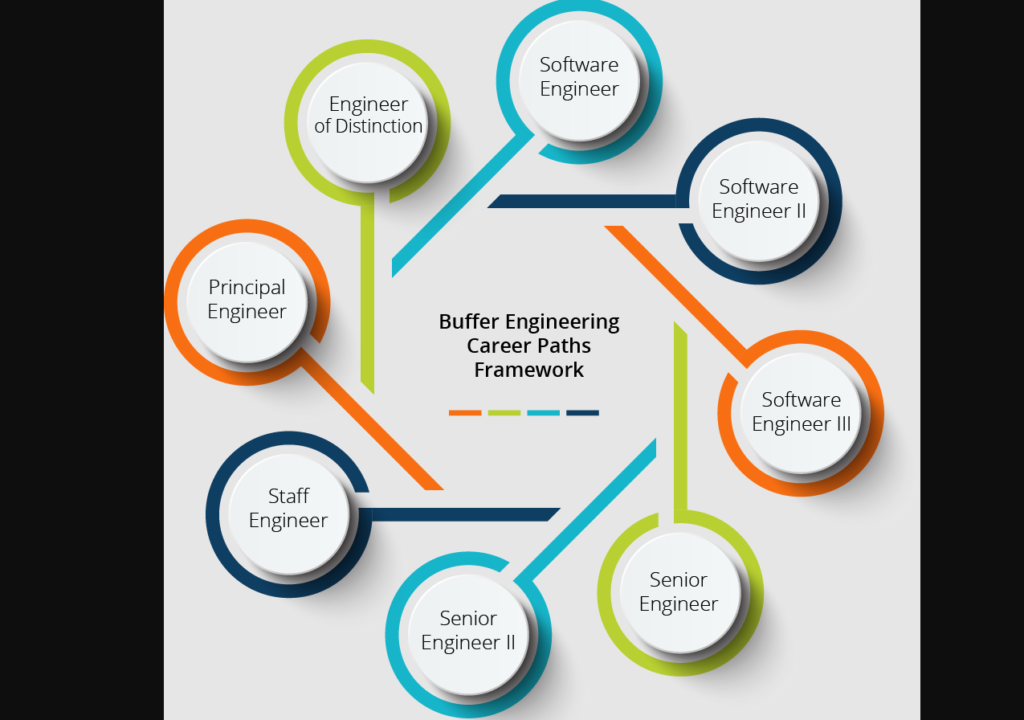Your Handy Guide. Engineering is like a universe filled with a variety of disciplines. For those students and professionals who want to find a niche or move within the field, having an idea of many engineering paths is critical. eTAZ systems This handy guide explores some of the most common engineering disciplines, what they entail, potential career journeys, and answers to some frequently asked questions
Engineering Path Highlights:
Mechanical Engineering Scoop:
It’s one of the broadest engineering fields. It zeroes in on designing, examining, making, and maintaining mechanical systems, using physics and material science to crack engineering problems.
Main Study Areas:
Thermodynamics, Fluid Mechanics, Control Mechanics, Mechanical Design, Manufacturing Processes. Career Possibilities: They can explore industries like vehicles, planes, energy, robots, and production, designing, and testing systems, creating new materials, or enhancing existing tech.
Civil Engineering Focus: It’s about designing, building and maintaining our infrastructure like bridges, roads, buildings, and water systems. Topic Highlights: Structural Engineering, Geotechnical Engineering, Environmental Engineering, Transportation Engineering, Construction Management.
Career Potential: Working in construction, governments, or consultancy, doing project management, city planning, or environmental protection. Electrical Engineering Insight: Deals with electrical systems, electronics, and electromagnetism, for creating and enhancing electrical parts, systems, and networks. Topic Emphasis: Circuit Theory, Power Systems, Control Systems, Electronics, Telecommunications.
Career Avenues: Has scope in telecoms, power, electronics, and utilities, designing electrical circuits, creating power distribution or improving communication tech. Computer Engineering Peek: Merges electrical engineering with computer science to create and optimize hardware and software systems. Covers everything from microprocessors to complex software systems. Topic Divisions: Computer Architecture, Embedded Systems, Software Engineering, Networking, Cybersecurity.
Job Opportunities: They might fit in tech companies, software firms, hardware manufacturers for software development, hardware design, systems integration, and IT consulting. Chemical Engineering Glimpse: Applies chemistry, physics, and maths to change raw materials into valuable products. Critical for industries that produce chemicals, pharmaceuticals, and food products.
Topic Exposure: Chemical Reaction Engineering, Process Design, Thermodynamics, Separation Processes, Materials Science. Career Pathways: Works in pharmaceuticals, petrochemicals, food processing, and environmental control, focusing on process optimization, product development, or quality control.
Aerospace Engineering View: Focuses on designing and developing aircraft and spacecraft, covering everything about flight dynamics, propulsion systems, and avionics. Topic Details: Aerodynamics, Propulsion Systems, Avionics, Spacecraft Design, Flight Mechanics.
Job Prospects:
Typically, work for aerospace companies, defense contractors, or government space agencies, designing aircraft, developing space missions, or improving flight safety.
Industrial Engineering Brief:
Deals with enhancing complex systems and processes, focusing on improving efficiency, productivity, and quality.
Topic Concentration: Operations Research, Supply Chain Management, Quality Control, Ergonomics, Systems Engineering. Work Scope: Works in various settings like production, logistics, service industries, focusing on process improvement, operations control, or systems analysis. Environmental
Engineering Preview: Aims at creating tech and systems to protect and uplift the environment, dealing with water treatment, waste management, and pollution control.
Topic Highlights: Water Resources, Waste Management, Environmental Impact Assessment, Air Quality Control, Sustainable Development. Career Possibilities: Usually, work for government agencies, environmental consulting firms, or non-profits, handling regulatory compliance, environmental cleanup, or sustainability projects.
Commonly Asked Queries:
1. How can I choose the right engineering track for me?
Look at your interests, strengths, career goals, study subjects, internships, career gateways, and conversations with professionals and academic advisors.
2. Can I shift engineering paths during my study?
Yes, often allowed, but might need extra coursework and could extend graduation time. Always consult academic advisors before shifting.
3. What skills are key in engineering?
Proficiency in math, science, engineering principles relevant to your field, problem-solving, analysis thinking, attention to detail, communication, teamwork, and time management.
4. Are there interdisciplinary opportunities in engineering?
Yes, many complex problems need knowledge from multiple disciplines.
5. What are the job opportunities for engineering grads?
Roles could be in design, development, consulting, and management. Good job prospects generally but can be better with advanced degrees and specialized certifications.
6. How can I gain practical experience?
Internships, co-op programs, research opportunities, lab work, personal projects, joining engineering clubs and organizations.
7. Which advanced degrees or certifications are useful?
Choose based on your career aspirations and requirements of your chosen field. 8. How does industry demand affect paths?
It influences popularity and opportunities. Stay informed about industry changes to align your skills with current and future job market needs
9. Does networking help in growing my career?
Yes, connections, industry events, professional organizations all can help.
10. How can I balance technical and managerial skills?
Look for opportunities in project management, leading teams, or taking part in leadership training.
Conclusion:
Picking a path is a big choice that can shape your professional career. Each area provides specific challenges, opportunities, and pathways. Understanding them and thinking about your interests and goals make an informed choice. Ask for guidance from advisors, industry professionals, career counselors. Engineering’s always changing. With the right training and passion, you can find a field that’s rewarding and impactful.
